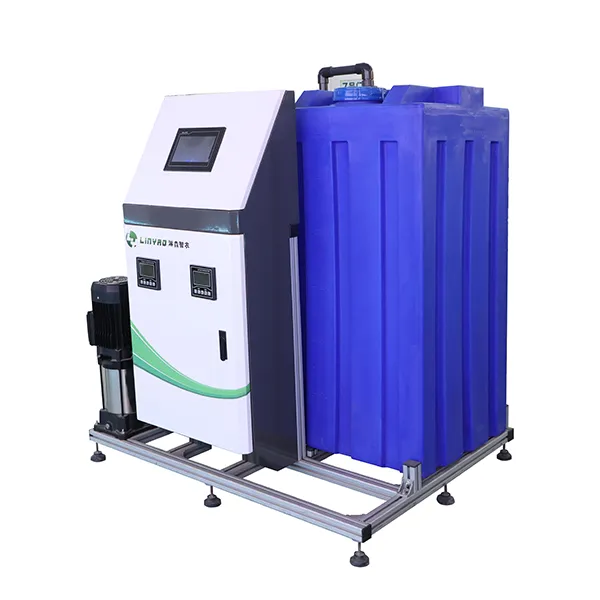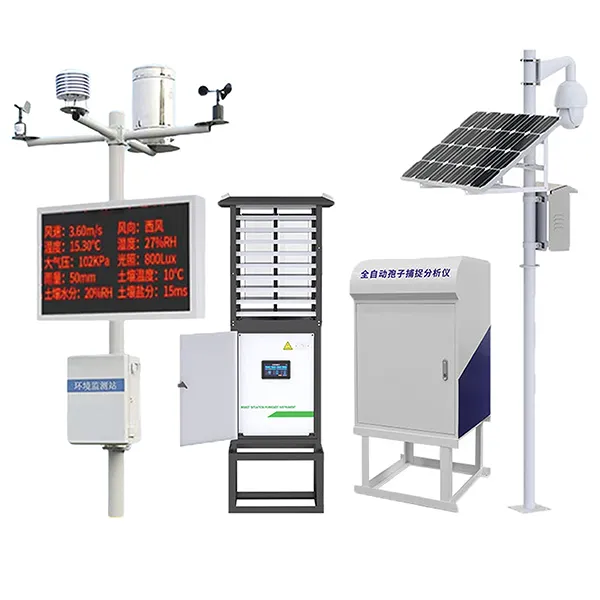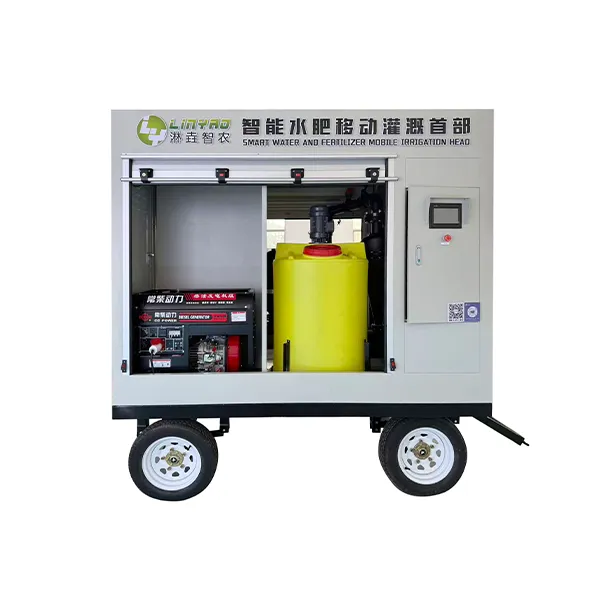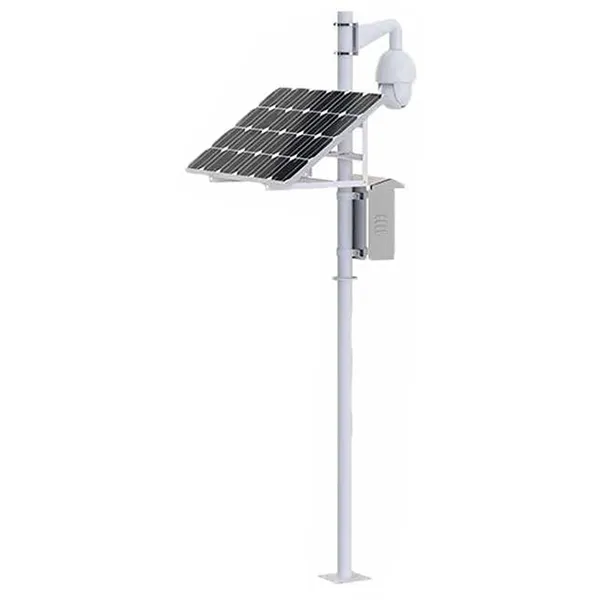
Agricultural Irrigation System Buyer's Main Country
When they talk aboutagricultural irrigation system buyer's main country, many immediately present universal solutions. But after 12 years of working with projects in Uzbekistan and Kazakhstan, I realized: even high-quality equipment without taking into account the local mineralization of water turns into a pile of metal. This point is often missed in technical documentation.
Design errors for arid zones
In 2019, a drip irrigation system designed for soft water was installed in the Fergana Valley. Three months later, the farmer sent a photo of clogged emitters - the carbonate content in the local water was 4 times higher than the norm. We had to urgently replenish the acid washing stations, although initially the customer refused the 'extra' costs.
Now, when preparing commercial proposals, we always request water samples. For Central Asia, we often recommend multi-stage filtration with sand separators - not the cheapest option, but the only one that works. By the way,buyer's main countryfrom the CIS often has outdated standards for water treatment, which creates additional difficulties.
The peculiarity of working with Shandong Linyao Intelligent Agriculture Technology LLC is that their engineers are always ready to modify connection diagrams for specific wells. The website https://www.lyzhihuinongye.ru has non-standard solutions for highly mineralized waters, but this is rarely mentioned in the main catalogs.
Logistics details of deliveries
When shipping equipment to Turkmenistan, we encountered the problem of customs clearance of pumping stations. It turned out that the importing country requires separate certificates for each frequency converter. We had to delay the shipment for three weeks - now we stipulate this point in the contracts as a separate clause.
Pipelines with a diameter greater than 110 mm are often delayed at borders due to classification discrepancies. For Kazakhstan, it is easier to supply pipes in 6-meter sections, although this increases installation work by 15-20%. But such subtleties are rarely taken into account in typical projects.
Shandong Linyao LLC offers an interesting solution - modular systems, where the main components are supplied in separate batches. This reduces the risks during customs clearance, but requires more careful design of connection nodes.
Climatic adaptation of equipment
Solar panels for automatic watering systems in Tajikistan had to be additionally protected from sandstorms. Standard glass did not last more than a season. After testing, we settled on a matte finish with anti-abrasive treatment - 30% more expensive, but the service life has tripled.
Electronics foragricultural irrigation systemin regions with sharp temperature changes requires a special approach. Last year, 12 controllers in Nukus failed due to night frosts after the daytime heat. It was necessary to develop a thermal stabilization system with heated control cabinets.
In projects for the foothills of Kyrgyzstan, we now use reinforced pipe fastenings - standard clamps could not withstand wind loads. This seems like a small thing, but it is details like these that determine the success of a project in difficult conditions.
Financial models for different markets
For Uzbek farmers, the possibility of staged payment turned out to be critical. We had to revise the standard terms of delivery - break payments into three stages linked to the commissioning of equipment. This increased the transaction cycle, but resulted in a 40% increase in clients.
In Kazakhstan, a leasing scheme through local banks worked. But it took six months to agree on technical specifications for the equipment of Shandong Lingyao LLC - their intelligent water management systems initially did not pass local regulations as 'agricultural equipment'.
An interesting experience with Turkmenistan: they prefer a full turnkey cycle with staff training. Moreover, training should include not only maintenance, but also basic repairs. This is logical given the difficulties with importing spare parts.
Technical support and localization
We created mobile technical support teams in each region. But they encountered the fact that engineers from China do not always understand local operating conditions. Now we train local specialists with on-site production in Shandong - expensive, but effective.
A simplified flushing scheme was developed for filtration systems in Uzbekistan - farmers complained about the complexity of standard algorithms. Sometimes it is better to sacrifice some functionality for ease of use.
Localization of controller interfaces is a different story. They translated not just words, but entire management concepts. For example, the 'irrigation cycle' had to be described through analogies with traditional irrigation methods, otherwise the operators did not understand the logic of the work.
Prospects for the development of directions
Now I see potential in water recycling systems for closed ground. In Uzbekistan, too, they are starting to build greenhouse complexes, where saving water is critically important. But so far, local regulations do not allow the use of treated wastewater even for technical needs.
Interest in drip irrigation is growing in Kazakhstan, but farmers want universal systems - both for vegetables and for gardens. It is necessary to combine different types of drip tapes in one project, which complicates hydraulic calculations.
Solutions for integration with weather stations have appeared on the website https://www.lyzhihuinongye.ru - this could be a breakthrough for regions with insufficient water supply. But I still don’t understand how to adapt these systems to local communication networks in remote areas.
Correspondingproducts
Related Products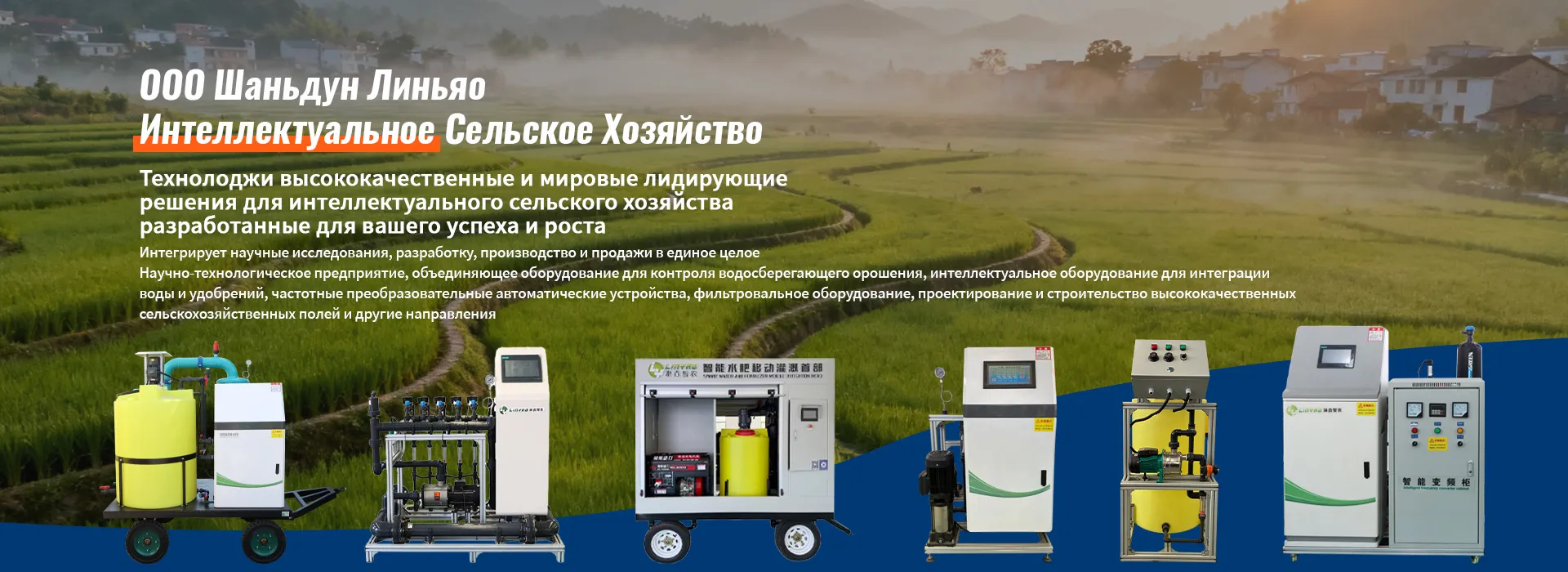
Best Sellingproducts
Best Selling Products-
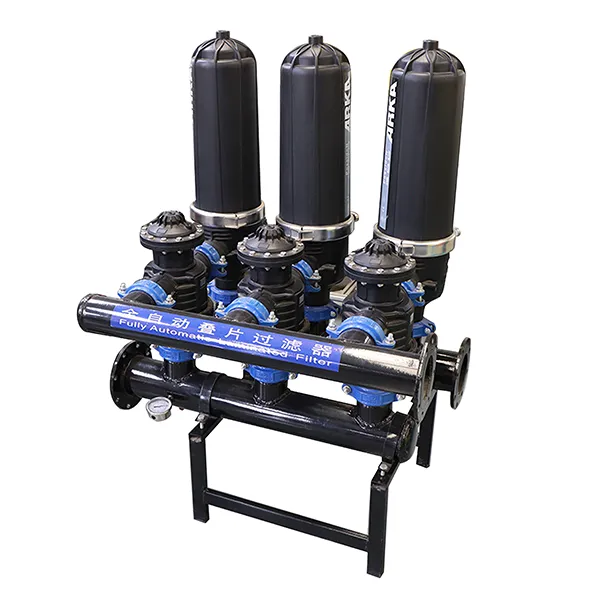 Disc filter with automatic flushing
Disc filter with automatic flushing -
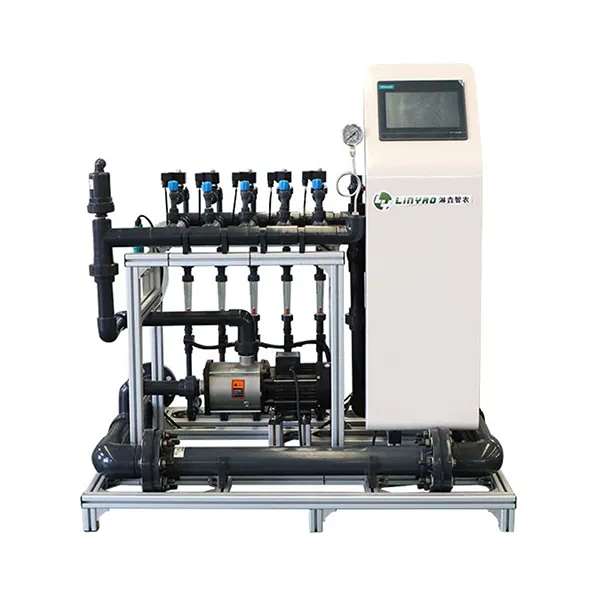 Intelligent Fertilizer Dosing Machine
Intelligent Fertilizer Dosing Machine -
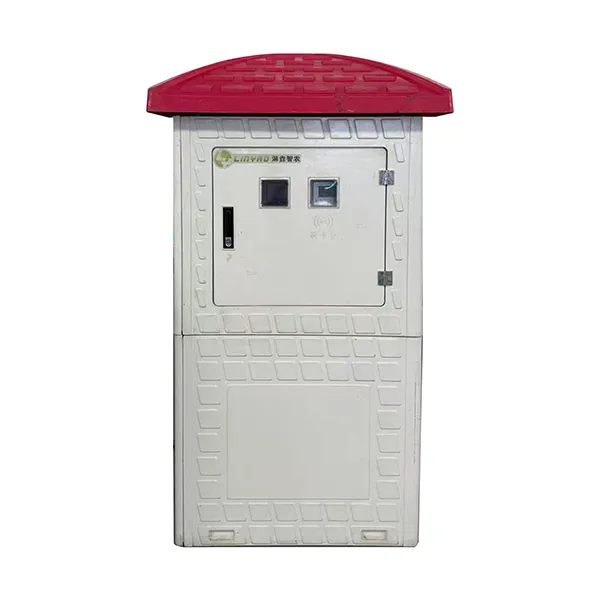 Radio Frequency Device for Irrigation Measurement and Control
Radio Frequency Device for Irrigation Measurement and Control -
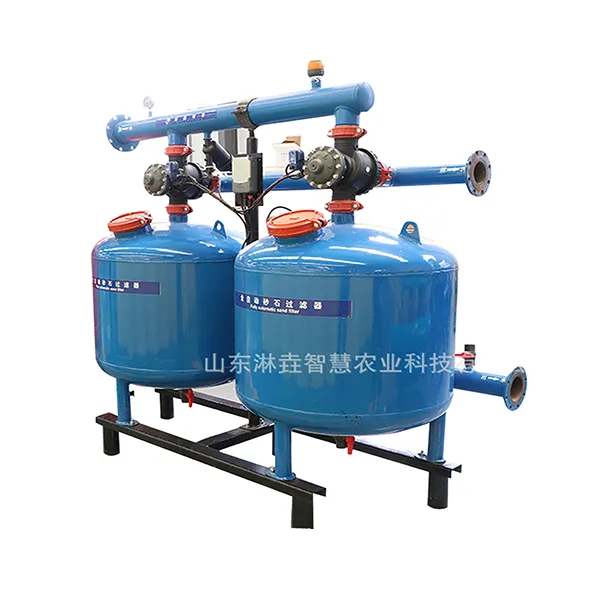 Automatic Backwash Sand Filter for Drip Irrigation System
Automatic Backwash Sand Filter for Drip Irrigation System -
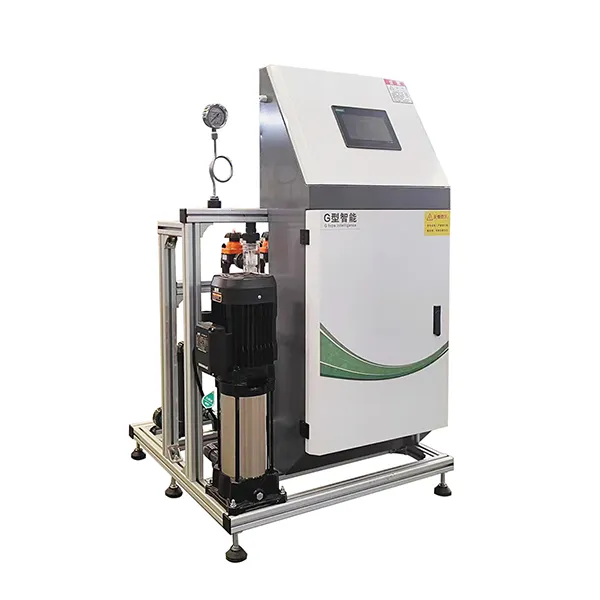 Three-channel intelligent water and fertilizer integration apparatus with 7-inch screen
Three-channel intelligent water and fertilizer integration apparatus with 7-inch screen -
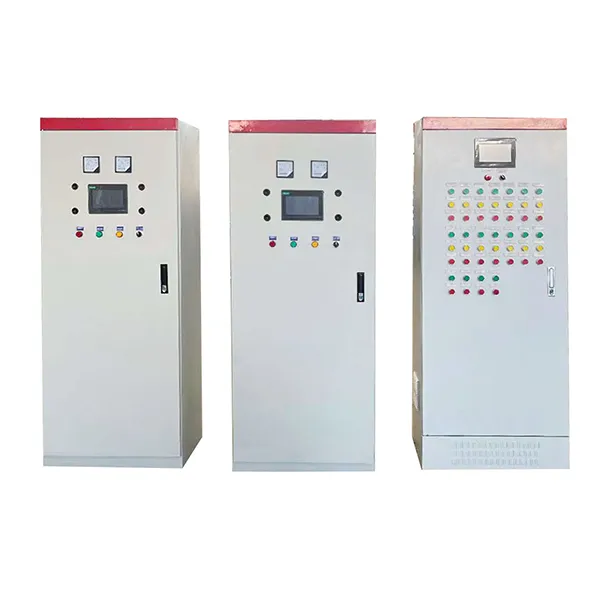 IoT-based greenhouse control cabinet
IoT-based greenhouse control cabinet -
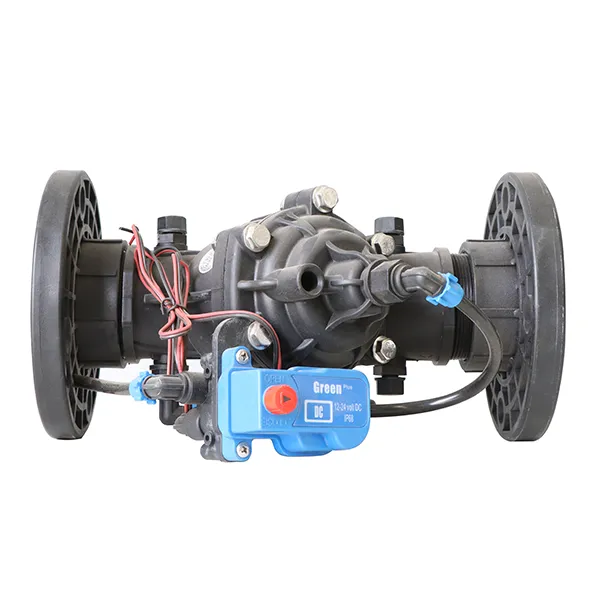 Solenoid valve
Solenoid valve -
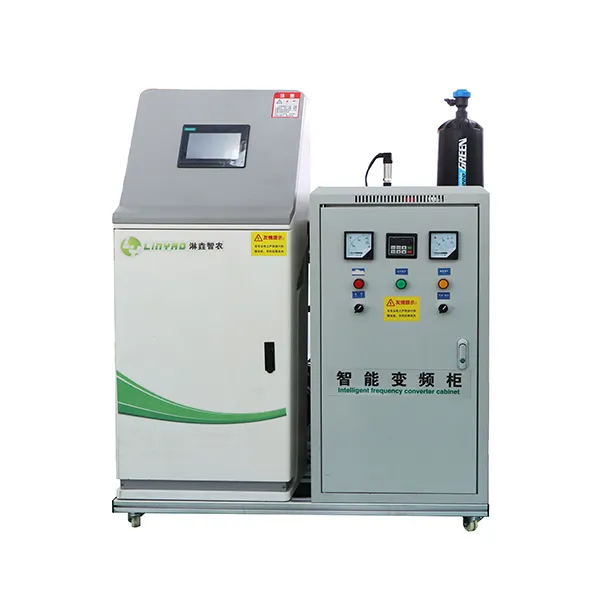 Main Fertilizer Irrigation Plant
Main Fertilizer Irrigation Plant -
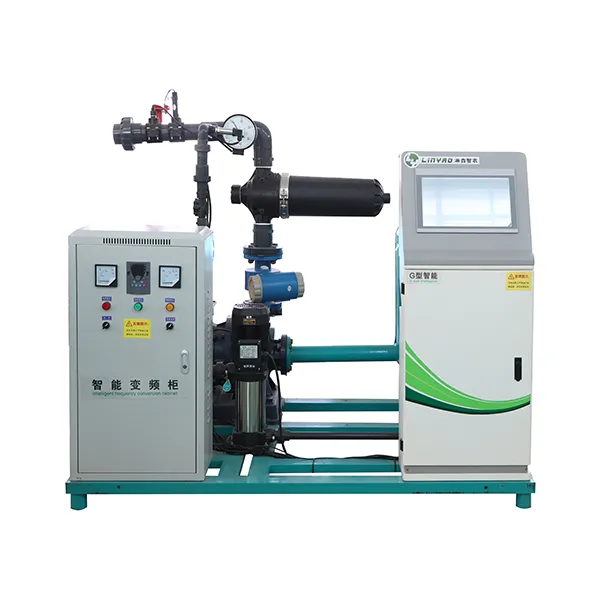 Intelligent Irrigation Control System
Intelligent Irrigation Control System -
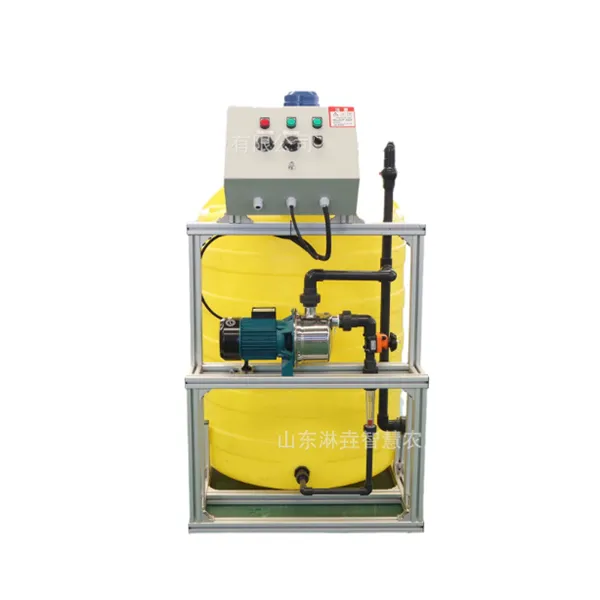 Simple manual single-channel water and fertilizer integration apparatus
Simple manual single-channel water and fertilizer integration apparatus -
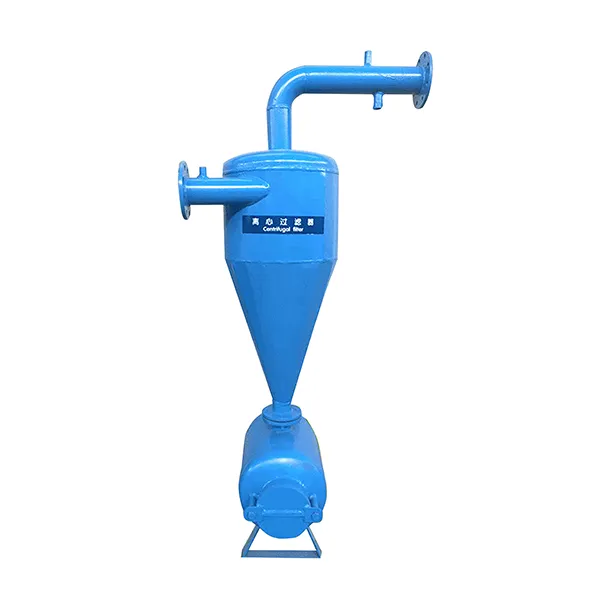 Centrifugal filter
Centrifugal filter -
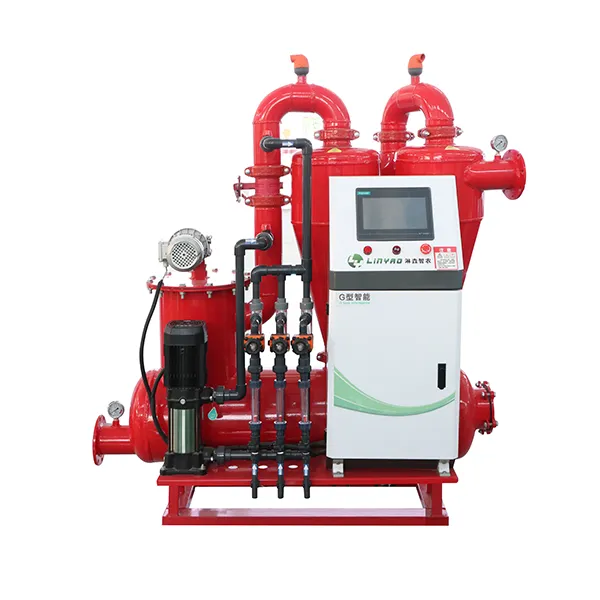 Automated Dual Function Water Fertilizer Filtration Machine
Automated Dual Function Water Fertilizer Filtration Machine
Relatedsearch
Related Search- Ball valve full bore PP+fiberglass dn50 internal thread inlet, outlet for water hose
- Solenoid valve 2 inch pulse supplier
- Irrigation system fog manufacturer
- Mobile pumping stations for water
- Irrigation irrigation systems suppliers
- Automatic irrigation system buyer's main country
- Irrigation system
- Three Way Ball Valve Manufacturers
- Reverse osmosis water purification plant manufacturer
- Solenoid valve 2 inch ac24v


